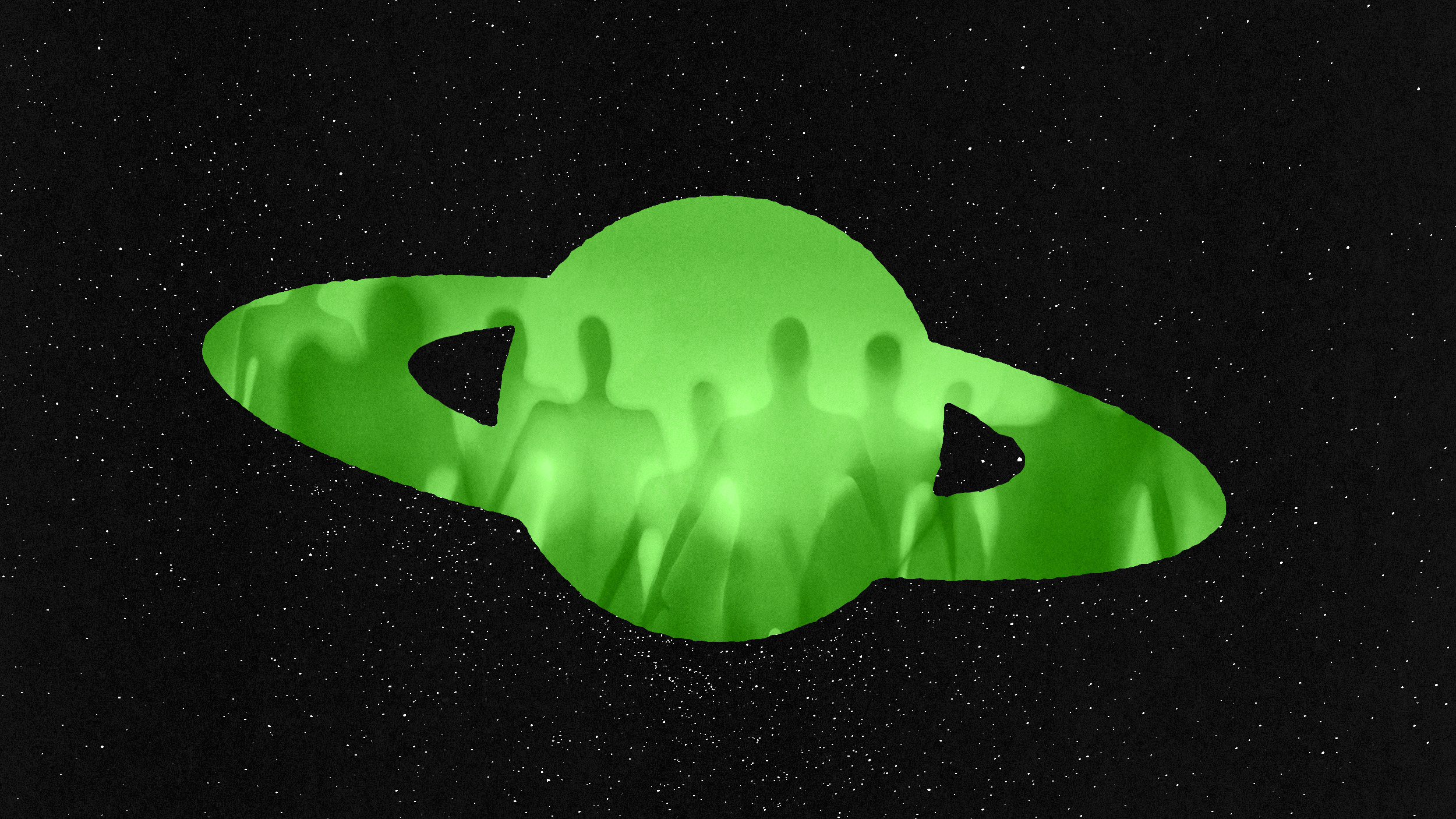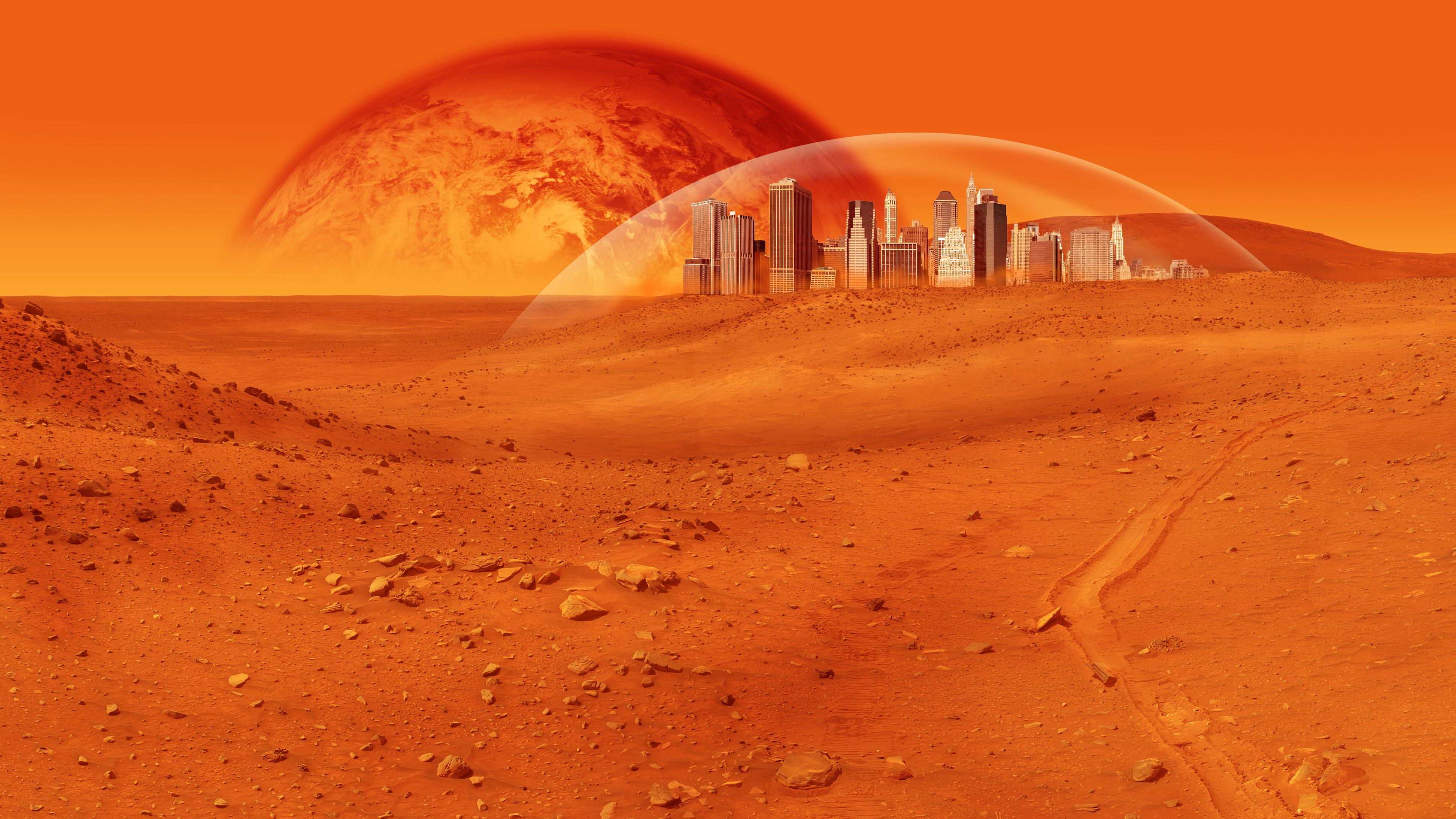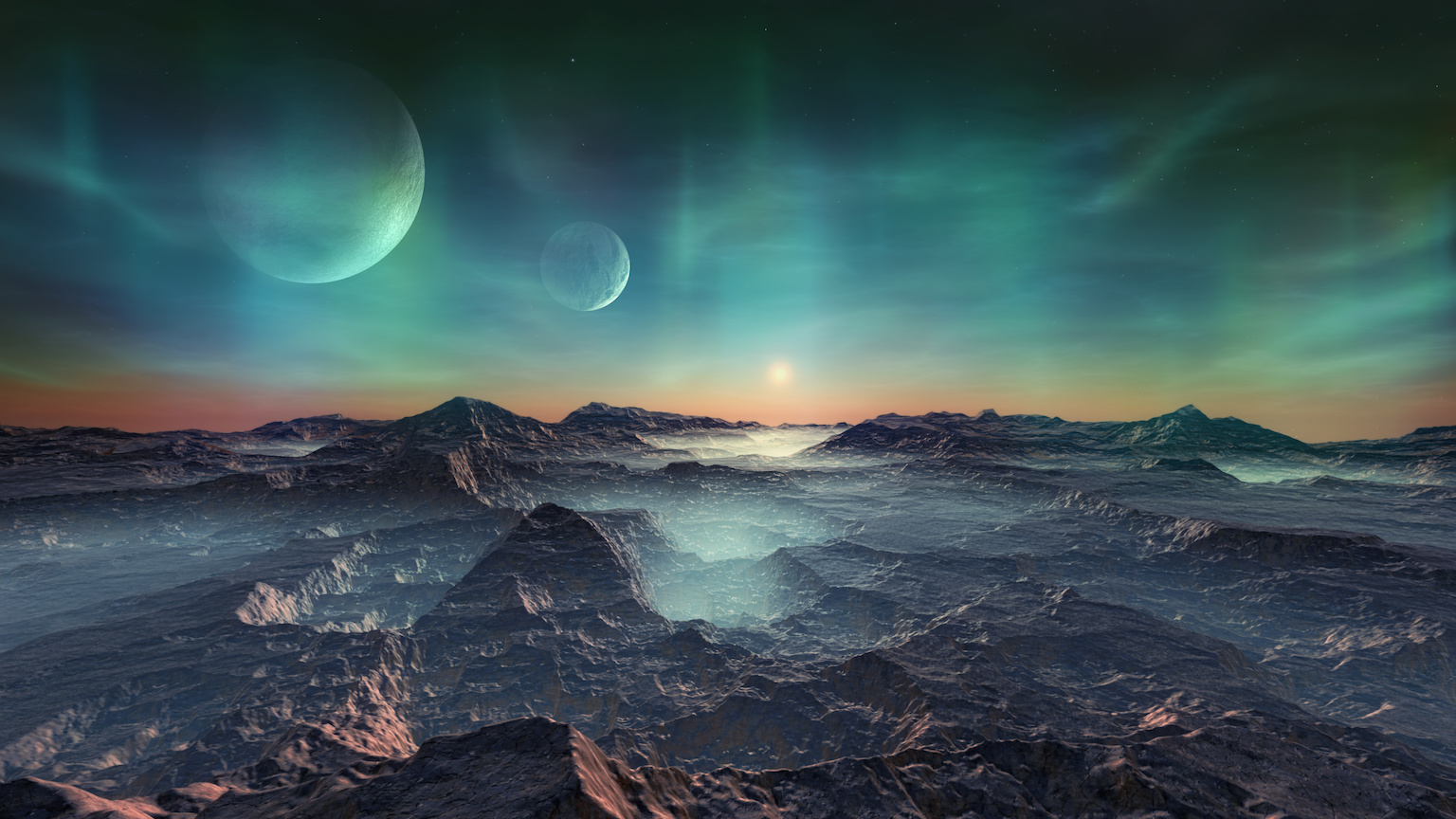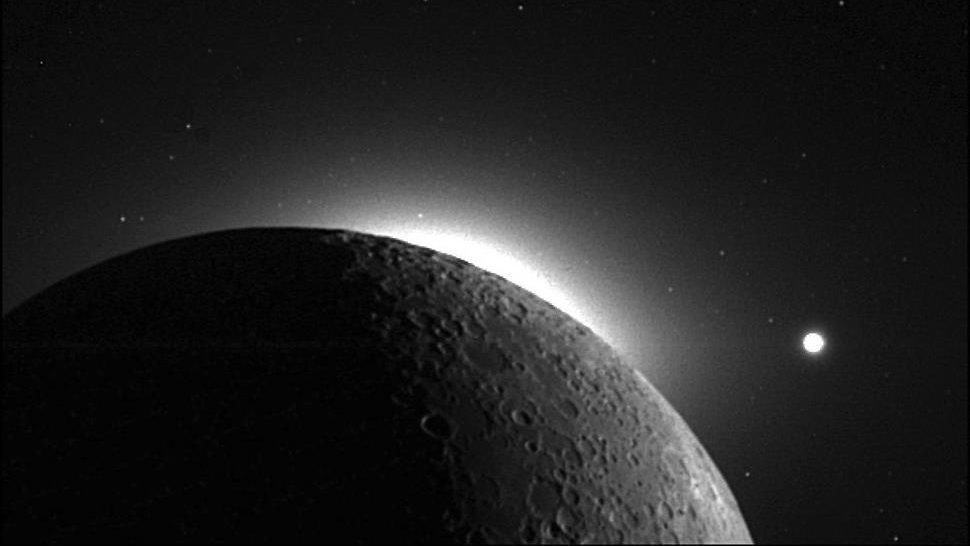As the public face of science for so many people, Bill Nye frequently encounters people who are eager to explore Mars and establish a human population on the Red Planet. Big Think fan Sam Whitehead wants to know what explains this enthusiasm? We are by our nature explorers, says Nye. Human history is the history of expanding beyond known boarders in search of something else. But our usual enthusiasm for terrestrial adventure does not automatically translate to a martian expedition.
Conditions on Mars are far more hostile than anything humans face on Earth: there is no air on the surface, for example. But if establishing a human society on Mars is not a likely reality in the near term (it is not), we should at least have an outpost, says Nye, just like we do in Antartica. Having a home base for scientific research is essential for another kind of human progress: the advancement of knowledge.
Were humans to discover life on Mars — there is evidence of liquid water flows beneath the martian surface each years, and every place water is present on Earth supports life — it would change our basic understanding of the universe, rivaling the discoveries of Galileo and Copernicus. We would no longer be a lonely planet, and discovering life beyond Earth would reorient our ethical concerns outward toward the cosmos.
The final reason why Nye believes people are so fascinated with exploring Mars, and indeed why it is a worthwhile endeavor, is that no individual like Galileo or Copernicus would make a discovery. Any scientific findings would be a true societal achievement, and evidence that a large group of people can come together to make truly revolutionary change.
Sam: Hi Bill. My name is Sam. My question for you is why are we trying to live on Mars and re-create Earth there by making an atmosphere and soil and water we can drink and such? Why can't we take those ideas, that motivation and direct it at our own planet that we clearly need the help with? Why is it easier to start fresh on another planet than to get people talking about our own?
Bill Nye: Sam. Sam, you are my man. Sam, you're thinking as I do. I meet a lot of people. I am the CEO of The Planetary Society. We advanced space science and exploration. I encourage you to join. And as I say about The Planetary Society, we are not crazy. You meet a lot of people. I meet a lot of people who want to go to Mars and make it like Earth, just as the very idea that you're questioning. And I think people, first of all, just don't grasp the scale of it. It's a planet. It's a whole planet. It's not a wetland that you can reclaim and build a parking garage on top of, it's a whole planet. Furthermore, this planet where you and I are from is perfectly suited to us. We, our ancestors and their ancestors and so on grew up here tuned to these environments, to these climates that we have here on earth. And so people want to go to Mars in the spirit of adventure. Now, as you may infer from my accent I'm from the United States and a lot of my ancestors came here from Denmark and Europe and they set up shop in what the colony of Massachusetts and then they went all the way across North America through Wyoming, the state of Wyoming and now to the West Coast to Washington state and California. And they did that in this great tradition of a pioneering spirit is keep going, keep expanding, keep spreading out and humankind has done that. Everybody is from Africa. Our ancestors are all from the continent of Africa and we spread all over the world. Spread to Australia across an open ocean. The Polynesians in canoes were like we're spreading out man. We're going. So people think well let's spread out and go to Mars.
It's a whole other thing to go to Mars. I tell people this all the time. There's hardly any water. There's a little bit. There is nothing to eat. There is no air. There's no air. We can build a bubble and cook the Martian rocks and get the oxygen out of it. Okay, it's just not so easy. Just as you asked Sam why don't we do that here on earth or use that same technology here on earth? And this is part of my little mission as a human, not CEO of The Planetary Society is reminding everybody that we've got to take care of the earth in order for us all to live here. There's 7.3 billion people as we're recording right now. By 2050 there will be nine maybe even 10 billion people by the middle of this century. And they're all going to want to eat something and drink something, water and wash and a carry on and that's going to require us to take much better care of our own planet. Now, with that said, I like to remind everybody also, although you don't want to go to Mars and have a permanent settlement there, a colony, you do want to have a base there just as humankind has a base in the Antarctic where scientists go and study the Antarctic, learn about the environment, learn about our planet, learn about ice and the Earth's history and the climate today and the greenhouse gases and the effect of industrial emissions and so on, all these discoveries are made in Antarctica.
If we were to discover evidence of life on Mars, something that was once alive there the equivalent of what geologists call stromatolite, fossilized bacteria that have turned to stone, it would be astounding if we found something still alive there. There are these recurring slope lineae, which is geology expression for what look like rivulets, look like little rivers. They may be just rock falls like turned over gravel that has a slightly different color than the surrounding rock, but everybody thinks right now that it's water. Everybody's pretty sure – by everybody we're talking about people at the National Aeronautics and Space Station NASA and the European Space Agency ESA, JAXA Japanese Aerospace Exploration, Roscosmos. Everybody believes that if there's recurring flows of water every Martian summer there must be some subterranean, some under sand/ice melts. And if you have liquid water anywhere on earth there's something alive. Everywhere there's liquid water there's something alive. If there's something alive on Mars, and we could prove it, show it to ourselves with our spacecraft or with human explorers walking around, it would probably change the world. It would be equivalent to the discoveries that Copernicus made that the earth goes around – all the planets go around the sun, not the other way around. Or Galileo, we're not the only body out in the cosmos. We've got the moon. In fact to Jupiter has its own moons and these other discoveries that were so profound.
If we were to find life on another world it would change this one. And there's one more element that we at The Planetary Society celebrate, these discoveries, this discovery of life on Mars or on the moon of Jupiter that has twice as much seawater as the earth. It's called Europa. You can see it with binoculars at night. If we make this discovery of life, it would not have been done by an individual, by Galileo or Copernicus or Irene Curie, it would be done by a society who invested its intellect and treasure in this quest let's go see what's out there. Let's learn more about ourselves, our past and we all want to know whether or not we're alone in the universe. So if we look on these two worlds, the earth and mars and find a life on both of them, that would suggest that life is very common in the cosmos. And this would affect the way each and everyone of us feels about what it means to be a living thing in the cosmos; what it means to have this place in space. That's a great question. Carry-on!






